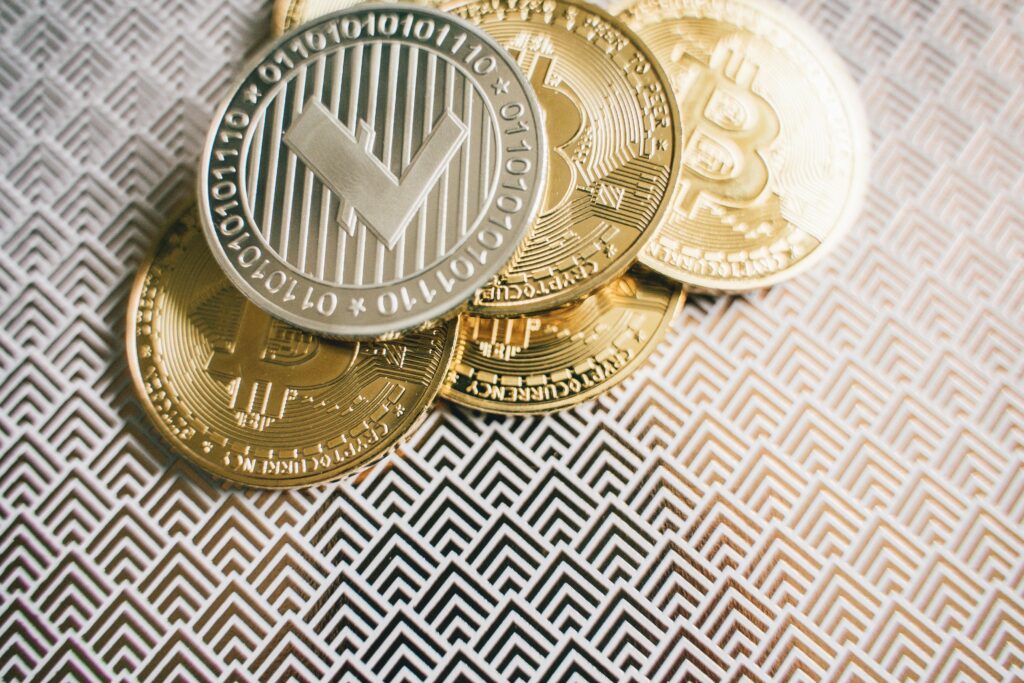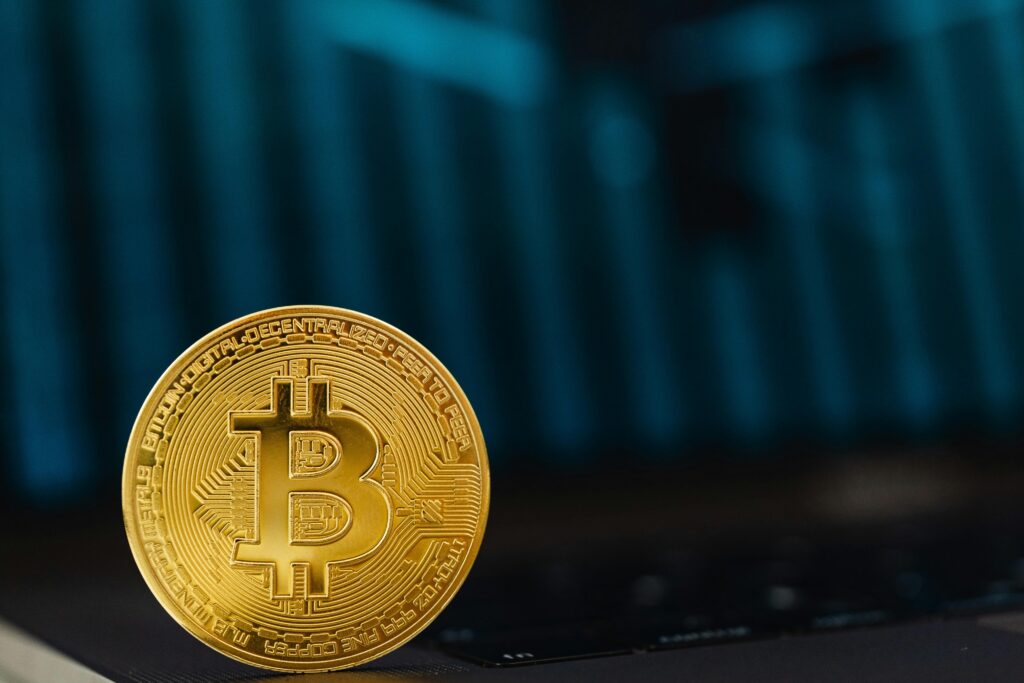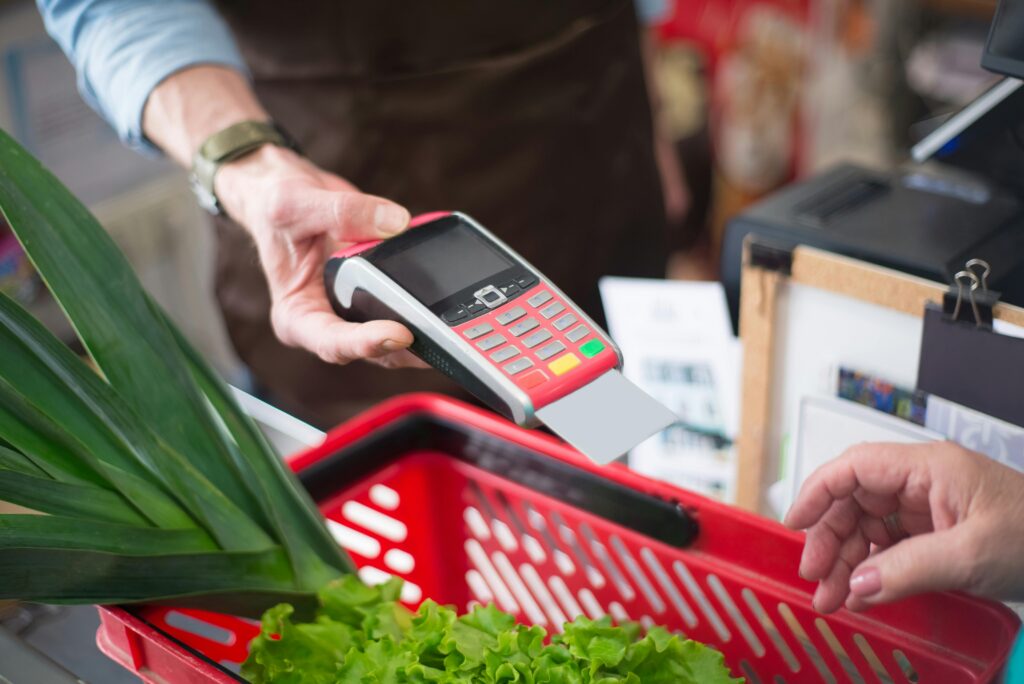In the evolving world of cryptocurrency, privacy has become a major concern for many users. Non KYC crypto exchanges, or exchanges that do not require Know Your Customer (KYC) verification, offer an alternative for those seeking anonymity in their transactions. In 2024, the landscape for non KYC crypto exchanges continues to expand, offering various options for users who prefer privacy over transparency. This article will dive into the advantages, potential risks, and some of the best non KYC crypto exchanges to consider in 2024.

What Are Non KYC Crypto Exchanges?
Non KYC crypto exchanges allow users to trade and buy cryptocurrencies without requiring personal information verification such as identity documents, selfies, or proof of address. This contrasts with traditional exchanges that follow stringent KYC procedures to comply with anti-money laundering (AML) regulations. Non KYC exchanges appeal to users who prioritize privacy, live in regions with strict financial regulations, or do not want their personal information exposed to potential data breaches.
Benefits of Non KYC Crypto Exchanges
There are several advantages to using non KYC crypto exchanges in 2024:
- Privacy: One of the primary reasons individuals seek out non KYC crypto exchanges is for the privacy they provide. Without KYC, users can maintain anonymity, ensuring their personal information remains private and secure.
- Ease of Access: Non KYC crypto exchanges offer quick and easy access for users. Without the need to submit documents for verification, you can start trading almost immediately after creating an account.
- Faster Transactions: With no KYC process to complete, the time it takes to begin trading on these platforms is significantly reduced. This makes non KYC exchanges ideal for those looking for quick entry into the cryptocurrency market.
- Global Access: Non KYC crypto exchanges are not bound by regional restrictions, which allows users from various countries to participate, even in places where cryptocurrency trading is restricted.
- Lower Fees: These exchanges often have lower fees compared to their KYC counterparts because they have fewer regulatory requirements to meet.
Popular Non KYC Crypto Exchanges in 2024

As more people seek privacy-focused trading platforms, non KYC crypto exchanges have gained traction in the market. Below are some of the leading non KYC exchanges to consider in 2024:
- Bisq: An open-source, decentralized exchange that allows users to trade Bitcoin and other cryptocurrencies without needing KYC verification. Bisq is popular for its strong focus on privacy and user autonomy, offering peer-to-peer trading options.
- Hodl Hodl: Another peer-to-peer exchange, Hodl Hodl provides a platform for users to trade Bitcoin and other cryptos without KYC requirements. With its global reach, it is a solid choice for those who want to maintain anonymity.
- KuCoin: Although KuCoin has a KYC option for higher withdrawal limits, it remains a popular choice for non KYC crypto exchanges because users can still trade and withdraw smaller amounts without verification.
- PancakeSwap: For decentralized finance (DeFi) users, PancakeSwap is an excellent option. It is a decentralized exchange that doesn’t require KYC, allowing users to swap tokens on the Binance Smart Chain with ease.
- Uniswap: Another decentralized exchange, Uniswap operates on the Ethereum blockchain. Like PancakeSwap, Uniswap allows users to trade tokens without KYC, making it a top choice for privacy-focused traders in the DeFi space.
- Morphtoken: A non-custodial exchange that allows for quick, simple swaps between different cryptocurrencies. No account is required, and there is no KYC verification, making it an appealing option for anonymous trading.
Risks of Using Non KYC Crypto Exchanges
While non KYC crypto exchanges offer several benefits, there are also risks to consider:
- Security Concerns: Non KYC exchanges may lack the security infrastructure found in KYC-compliant exchanges. Without KYC procedures, there may be fewer safeguards in place to prevent fraudulent activity or scams.
- Limited Customer Support: Many non KYC crypto exchanges have limited customer service options. This means that if you run into any issues or disputes, you may find it more challenging to resolve them compared to KYC platforms with dedicated support teams.
- Higher Risk of Illicit Activities: Non KYC crypto exchanges may attract bad actors who seek anonymity for illegal purposes, leading to potential risks of exposure to money laundering or other illicit activities.
- Regulatory Crackdowns: Governments around the world are tightening regulations on cryptocurrency exchanges, and non KYC platforms are more likely to face scrutiny. In 2024, some non KYC exchanges may be shut down or restricted, limiting user access.
- Limited Features: Some non KYC exchanges may offer fewer features compared to their KYC counterparts, such as margin trading, lending, or staking. This could limit your trading options depending on your needs.
How to Stay Safe When Using Non KYC Crypto Exchanges

To ensure safety when using non KYC crypto exchanges, consider the following tips:
- Research: Before using any non KYC exchange, do thorough research on its reputation, security features, and user reviews to ensure it’s trustworthy.
- Use a VPN: A Virtual Private Network (VPN) can help mask your IP address and protect your identity when trading on non KYC platforms.
- Limit Your Funds: To minimize risks, avoid holding large amounts of cryptocurrency on non KYC exchanges. Transfer your assets to a secure wallet after completing your trades.
- Stay Updated on Regulations: Be aware of the legal status of non KYC exchanges in your country to avoid potential issues with the law.
Conclusion
In 2024, non KYC crypto exchanges provide a valuable alternative for users seeking privacy and quick access to the cryptocurrency market. With options like Bisq, Hodl Hodl, and KuCoin, individuals can trade without revealing personal information. However, it’s essential to stay cautious and understand the risks involved, including security vulnerabilities and regulatory challenges. By following safety measures and keeping up with the latest developments in the space, users can make the most of non KYC exchanges while maintaining their privacy.
Top 3 FAQs About Non KYC Crypto Exchanges in 2024
1. Are Non KYC Crypto Exchanges Legal?
Non KYC exchanges operate in a legal grey area, depending on the country’s regulations. While they may not be illegal in all regions, users should check the legal status of these platforms in their country to avoid potential issues.
2. What Are the Withdrawal Limits on Non KYC Crypto Exchanges?
Many non KYC crypto exchanges, such as KuCoin, impose withdrawal limits on non-verified accounts. Users may need to complete KYC verification to access higher withdrawal amounts.
3. Can I Use a Non KYC Exchange to Buy Large Amounts of Cryptocurrency?
It depends on the exchange. Some non KYC crypto exchanges have limits on how much cryptocurrency can be bought or sold without verification, while decentralized exchanges like Uniswap may allow for larger trades without KYC.